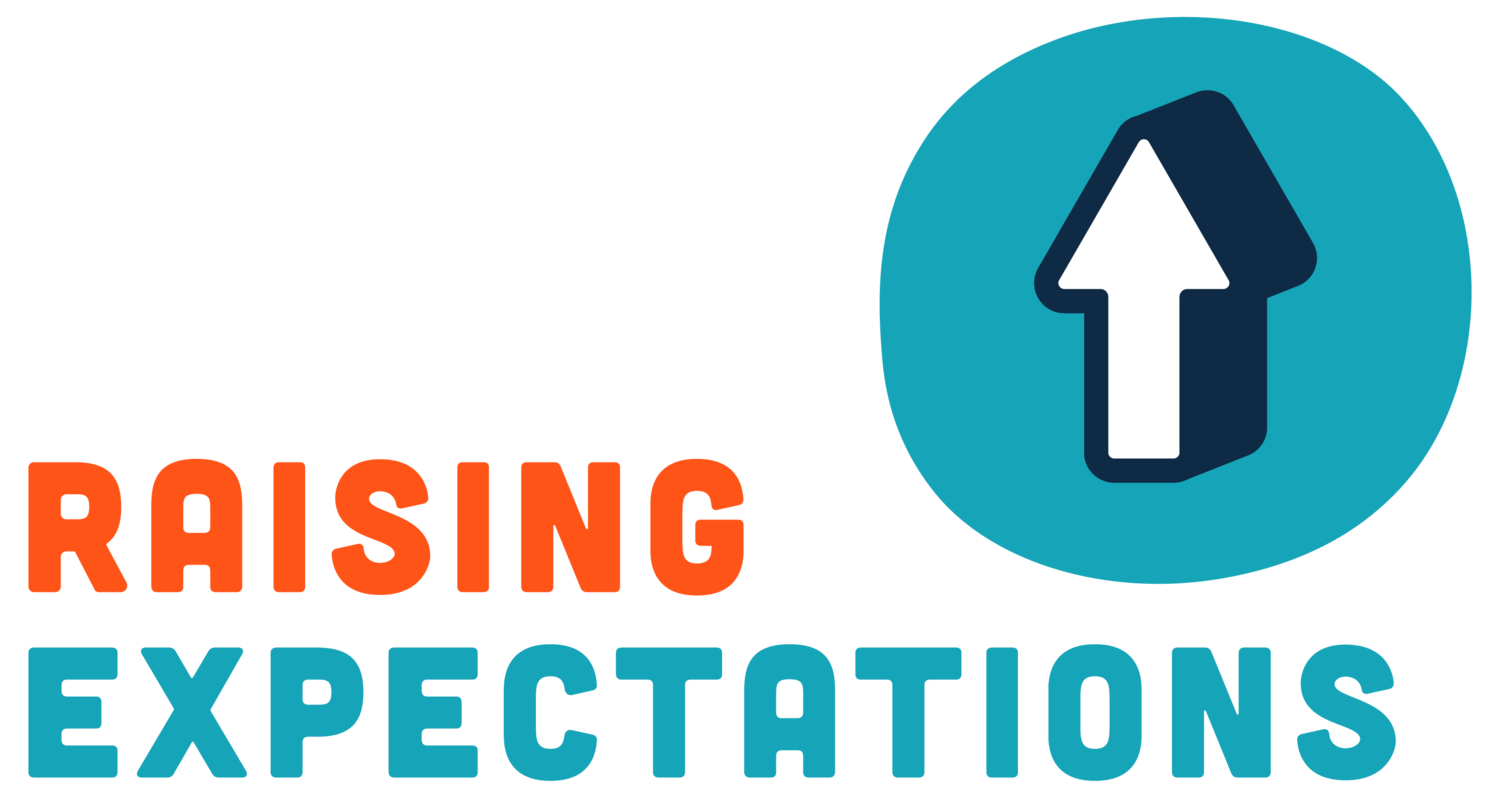Raising Expectations has impact.
Raising Expectations and why it matters
Educational expectations and outcomes for young people in and who have left out-of-home care are low. Few care leavers go on to higher education after leaving school, compared with 40% of the general population aged 25-35.
For many care leavers there are significant social and economic barriers in getting to TAFE and university. It can be incredibly difficult, not because they aren’t capable, but because they lack the right support.
Missing out on going to TAFE or university further excludes care leavers from opportunities to improve their employment prospects and earning potential.
Raising Expectations is changing this.
Where we started
This cross-sectoral collaboration between the Centre for Excellence in Child and Family Welfare, Victoria's peak body in Child and Family Services, and founding university partners, Federation University Australia and La Trobe University, commenced in July 2015, with an initial 3-year philanthropic funding from the Sidney Myer Fund. In late 2018, the program welcomed Swinburne University of Technology as a partner, and in July 2023, Victoria University joined as our newest partner.
The Victorian Department of Education and Training (DET) provided funding from 2019 to 2022. In 2023, the Victorian Department of Jobs, Skills, Industries and Regions joined as a funding partner, enabling delivery of the program until June 2024.
Bringing together the community, education, vocational and higher educational sectors and related organisations and government, Raising Expectations is increasing the participation of young people with an out-of-home care experience to access and succeed in vocational and higher education.
Evidence-based model
Raising Expectations is the only program of its kind in Australia.
Critical to the program’s success is its innovative model: a cross-sectoral collaboration with a shared purpose and goals. It brings together multi-sector (community, education, vocational and higher education sectors and related organisations and government) and multi-workforce stakeholders to reach the many people who care for, support and work with young people living in care and who have left care. It creates stronger, supported and better understood post-secondary education pathways for young care leavers.
This evidence-based model is underpinned by research which has sought to increase the visibility of young people with a care background and care leavers and to provide a strong information base for future policy and research work.
Most notably, a report by La Trobe University, led by Associate Professor Andrew Harvey - Out of care into university: Raising higher education access and achievement of care leavers. Further research, by La Trobe and Federation Universities, led by Associate Professor Andrew Harvey and Associate Professor Jacqueline Wilson, March 2017, underpinned the development and implementation of an award-winning Higher Education for Care Leavers Strategy. Changing lives: improving care leaver access to higher education led by Associate Professor Jacqueline Wilson with Associate Professor Andrew Harvey and Associate Professor Philip Mendes examines the processes, outcomes, and key findings of the Raising Expectations project.
How it works
University Partners provide critical localised supports and services to meet metropolitan and regional needs, including:
Direct support to care experienced students. This includes scholarship applications, enrolments, referrals to personal & academic supports, peer support and mentoring.
Expanding and strengthening connections with student support services across campuses
Strengthening outreach supports and services to schools including through school partnership/tertiary aspiration programs to students in secondary/flexible learning schools
Increasing the availability of, and access to, financial supports (bursaries, scholarships, including accommodation)
Establishing participation data collection for vocational and higher education students
Increasing engagement and support with current/prospective students as well as their carers and advocates
Monitoring Year 12 VTAC/SEAS applications and offering students bursaries/scholarships while linking them to helpful services
Making referrals to the Youth Access Initiative and establishing referral processes and pathways to other programs. This can include programs like DET’s Reconnect and community sector leaving care services.
The research:
The Centre for Excellence in Child and Family Welfare plays a key role in coordinating the program and increasing care leaver participation in post-secondary education through its upstream activities, including:
Raising awareness and connecting care experienced students to wrap-around support at our partner universities.
Collaborating with, and connecting supports, across sectors to improve access to information and promote access to further education
Improving the existing knowledge and skills of professionals and carers to support children and young people in care to access and achieve in tertiary education
Expanding the Raising Expectations program to other Victorian TAFEs and Universities.
What are we achieving?
Together, the collaboration has successfully increased the number of care leaver student undergraduate enrolments and numbers of vocational enrolments are growing each year!
Raising Expectations is shifting a culture of low educational aspiration and expectation to one where care experienced young people have the inspiration, support and confidence they need to access, learn and thrive in post-secondary education.
We want participation and success in tertiary education to be the aspirational norm for young people in care and care leavers.


